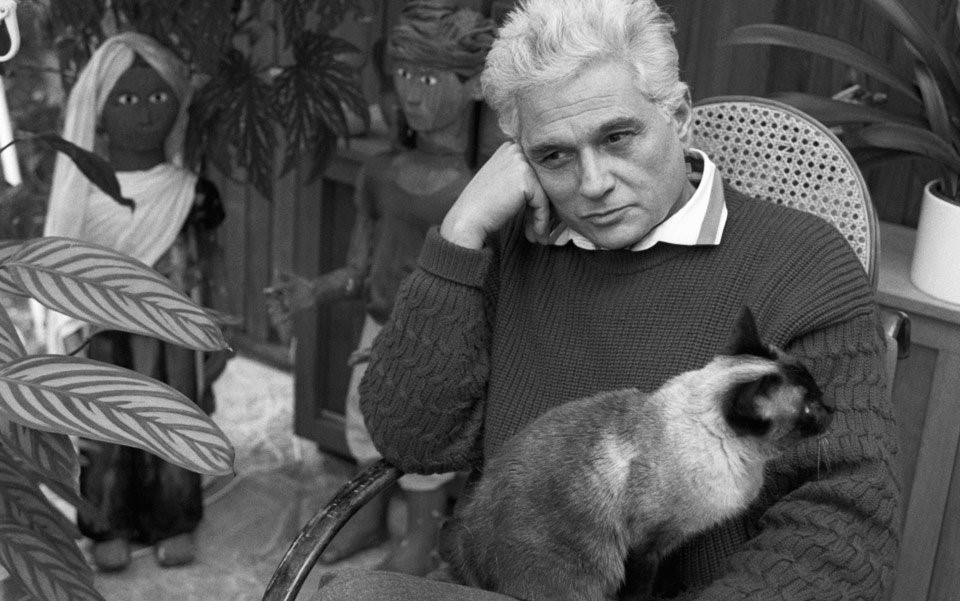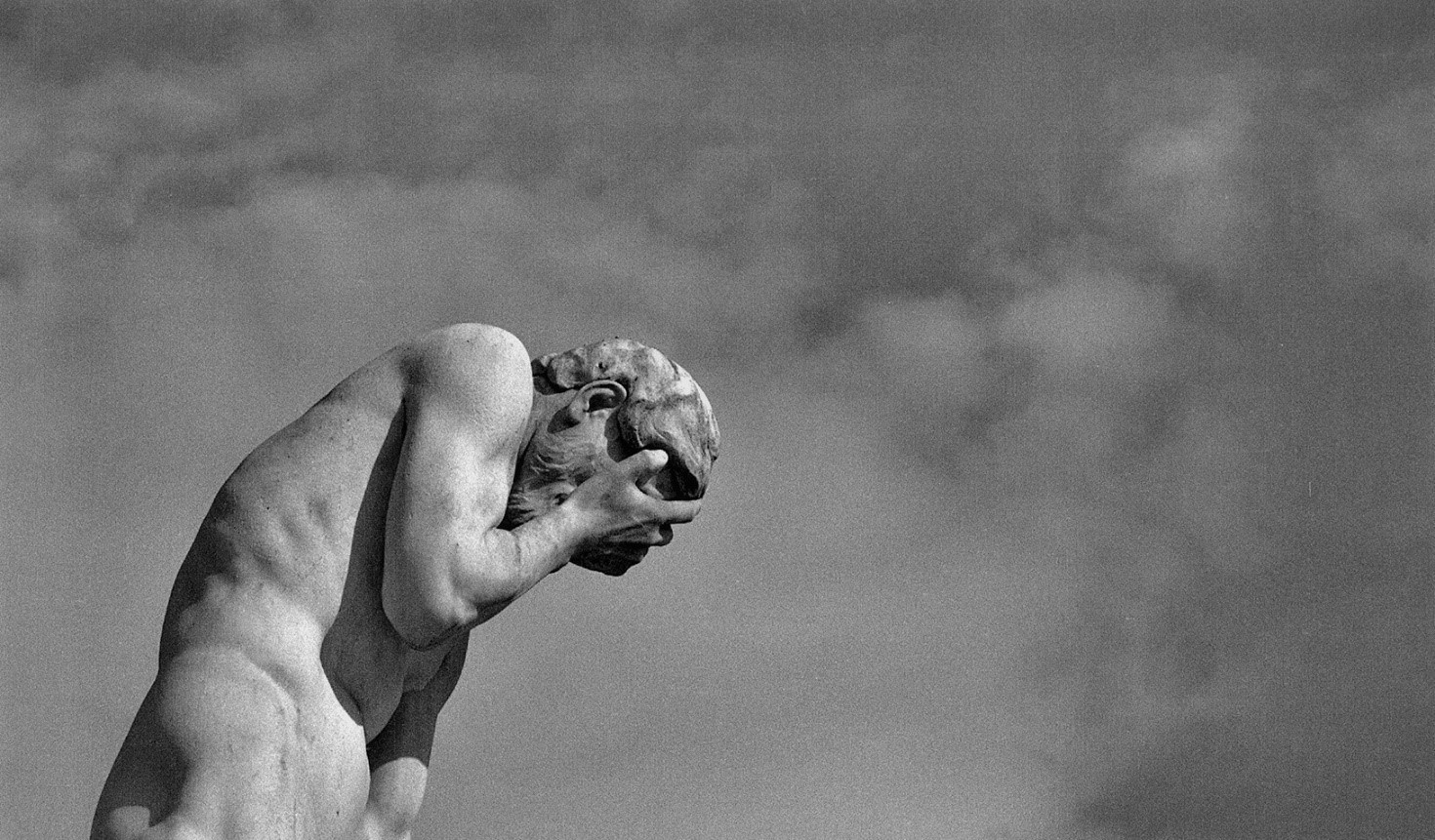Do diamonds have intrinsic value?
Thank you, Arjun Sambhi, for this interesting question. I want to argue that diamonds are intrinsically valuable because they are intrinsically beautiful and resistant to change, both of which are intrinsically valuable properties. Let’s start with beauty. Beauty is an intrinsically valuable property. To see this, consider two worlds that are identical in all respects, […]
Do diamonds have intrinsic value? Read More









